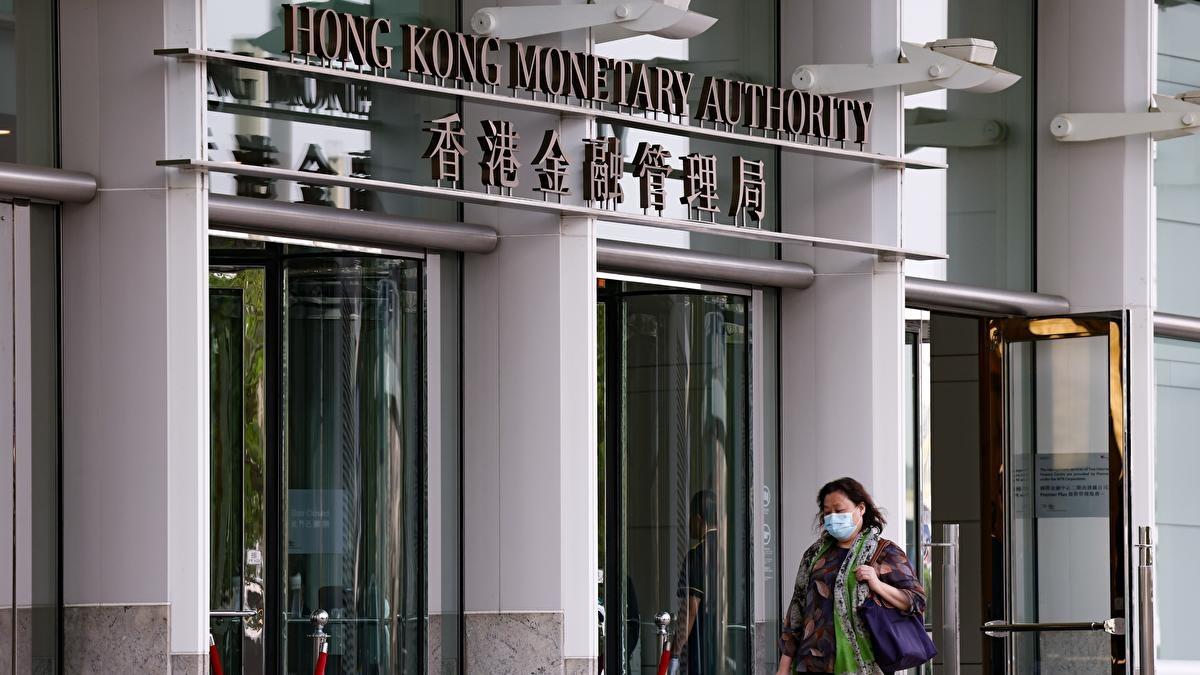
The business community and financial scholars in Hong Kong have called for more diversified funding arrangements and bank lending products to be developed for facilitating the city’s small and medium-sized enterprises (SMEs) to nurture new overseas markets in case tariffs are intensified in future, exacerbating a credit crunch on SMEs.
The Hong Kong Monetary Authority (HKMA) — the city’s banking industry regulator — on Tuesday unveiled a slew of targeted support measures for the import, export, manufacturing, construction, and transport sectors, designed to cushion these sectors against the impact of a potential credit crunch brought by “reciprocal tariffs” imposed by the United States.
Lo Kam-wing, president of the Chinese Manufacturers’ Association of Hong Kong, said that in response to the threat of further US tariffs, Hong Kong manufacturers are stepping up efforts to diversify supply chains and explore new markets, and they urgently need financial support.
READ MORE: HKMA launches five measures to support SME financing
“We suggest that the government encourage the banking sector to provide more targeted financing solutions for Hong Kong companies that intend to expand their overseas business, such as launching special loans with lower interest rates and longer terms, or providing local financing support through the overseas branches of Hong Kong banks to help companies for developing new markets,” Lo told China Daily.
He said Hong Kong’s foreign trade and manufacturing companies face an increased risk of customers’ overdue or delayed payments, posing serious challenges to the industry’s capital turnover.
Federation of Hong Kong Industries Chairman Steve Chuang Tzu-hsiung agreed, saying the banking industry should be flexible in extending repayment periods while paying attention to the needs of the industry and launching targeted financing solutions or support measures to facilitate the industry to cultivate sufficient resources to improve product quality and enhance the products’ technological content.
The HKMA’s targeted measures include allowing borrowers from the import, export and manufacturing sectors to repay trade loans in instalments, or lenders to provide partial principal repayment options or offer a moratorium on the principal owed under the principles of the Pre-approved Principal Payment Holiday Scheme. Lenders also agreed to provide flexible extensions to trade facilities for SME borrowers to 90 to 120 days.
The targeted measures will be extended to offer flexible financial arrangements to subcontractors in the construction segment; and offer more flexible repayment arrangements and consider extending the loan tenor to transport industry players as the logistics sector will also likely be hard hit by tariffs.
Billy Mak Sui-choi, associate professor at Hong Kong Baptist University’s Department of Accountancy, Economics and Finance, said if the tariffs intensify, more Hong Kong SMEs will have to diversify their markets further to Europe, the Association of Southeast Asian Nations (ASEAN), and countries taking part in the Belt and Road Initiative (BRI), and they need funding for facilitating market expansion.
“The government should increase the scale of its dedicated funds for SME borrowers to explore new markets, and banks can design new lending products, in the amounts for borrowing, repayment mechanisms and options, for assisting SME borrowers to embark on market expansion,” Mak told China Daily.
READ MORE: Banks to hasten loan decisions to boost support for SMEs
Mary Huen Wai-yee, CEO for Hong Kong, Greater China and North Asia at Standard Chartered, said the banking industry in Hong Kong will cooperate with SMEs to satisfy their needs for financing and exploring emerging markets, and explore the use of business data from e-commerce platforms to simplify the loan approval process for importers and exporters to support their digitalization and cross-border transformation initiatives.


